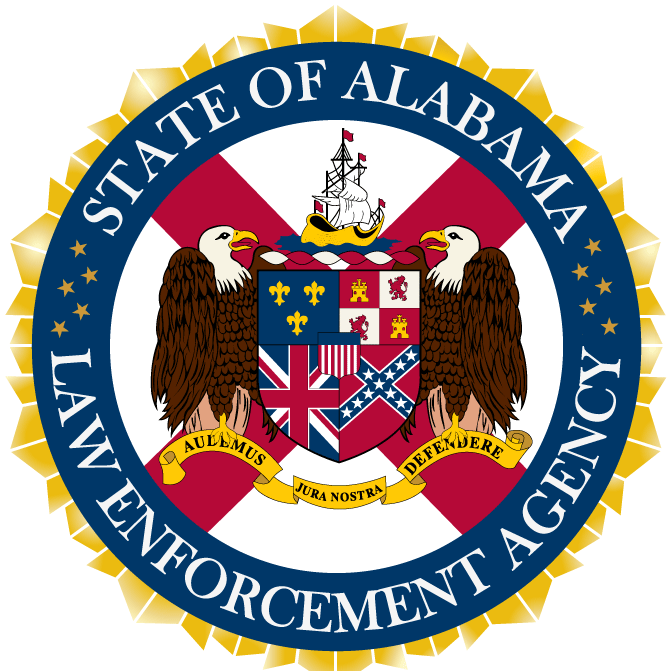
Governor Robert Bentley expanded a drought-related state of emergency declaration to all 67 Alabama counties Monday, placing the entire state under a “no burn” order, prohibiting all outdoor burning due to the risk of wildfires.
According to the governor’s office, a total of 1,421 wildfires have occurred in Alabama since Oct. 1, destroying approximately 15,409 acres of land. Last year during this same time frame, there were only 232 wildfires, burning 1,846 acres across the state.
Bentley encouraged Alabamians to be aware of the serious nature of the drought and limit their outdoor water use in accordance with guidance from water utilities throughout the state.
“This is something we all need to be working on,” Bentley said. “Everyone needs to recognize that we’re having a difficult problem right now and everyone needs to conserve water.
“If everyone does their part then we’re going to be okay, because eventually it is going to rain.”
Bentley announced the order at a press conference Monday afternoon on the expanding shores of Lake Purdy, a reservoir used by the Birmingham Water Works Board, whose shores have receded 19 feet, and is hovering at around 25 percent of its capacity, the governor said.
Though the conditions at Lake Purdy are remarkable, and it’s believed to be the lowest levels the reservoir has seen since at least 1995, Bentley said the BWWB is even more concerned about its Shades Mountain Filter Plant. Bentley said that plant needs to draw 25 million gallons per day, and is currently able to draw only about 27 million gallons per day.
The BWWB announced last week that it would implement stage four of its drought management plan, which includes asking cities and counties to limit outdoor watering through local ordinances and charging customers surcharges of 400 percent for excess use.
Most of the state has been suffering from extreme drought after receiving almost no rain in the past 40 days, in some cases longer.
The U.S. Drought Monitor has listed 14.85 percent of Alabama as being under “exceptional drought,” its most severe category. The most recent long-range forecast calls for drought conditions to persist or worsen through Jan. 31, 2017.
The no burn order makes it illegal to start any outdoor fires, including campfires, trash fires or prescribed burns until it is lifted by the state forester.
WHAT IS A DROUGHT EMERGENCY DECLARATION? (Issued by the Governor)
Section 9-13-141 of the Code of Alabama states: “at such time as the state forestry commission has declared by regulation a drought emergency in any county or counties, it shall be unlawful in such county or counties for any person to set fire to any forest, grass, woods, wildlands or marshes or to build a campfire or bonfire or to burn trash or other material that may cause a forest, grass or woods fire.” Specifically, the regulation prohibits any prescribed burns, any campfire or bonfire, any trash or debris fires, or any other open burning.
DO THE REGULATIONS COVER BARBECUES?
The regulations allow barbeque fires for cooking IF the fire is in a grill or masonry barbeque pit, including large barbeque pits used by civic organizations to prepare food. Anyone grilling or barbequing during the Drought Emergency should have water hoses on site to prevent any loose sparks from setting a wildfire, and a circle at least 10 feet wide around the grill should be cleared of any burnable material. Side fires to generate coals for a barbeque must also be within a grill or masonry pit. Gas grills are allowed.
WHAT IS INCLUDED IN THE “CAMPFIRE OR BONFIRE” PROHIBITION?
Campfires or bonfires include any fire that is burned on bare ground, even if surrounded by stones or a metal fire ring. This definition includes campfires, ceremonial fires, ‘council’ fires, bonfires, ‘warming’ fires, and cooking fires that are on bare ground and not in a masonry lined ‘pit.’
WHAT IS INCLUDED IN THE “TRASH OR DEBRIS FIRE” PROHIBITION?
Trash and debris fires include burning of woody debris, yard waste, garbage, construction debris or any other material, in either an open pit or in a barrel. At this time, people should not burn a debris pile until the Drought Emergency is lifted.
WHAT OTHER THINGS ARE INCLUDED IN THE DROUGHT EMERGENCY?
The intent of the Drought Emergency Declaration is to prevent catastrophic wildfires during drought conditions. No one should use an open flame in or around a woodland setting. At campsites, closed lanterns may be used, but no open flames such as candles or ‘tiki’ torches. Care should also be exercised in suburban areas where lawns are very dry as well.
WHAT ARE THE PENALTIES FOR VIOLATING THESE REGULATIONS?
Under Section 9-13-142, Code of Alabama, anyone found guilty of violating these regulations and improperly conducting open burning in a Drought Emergency-declared area shall be guilty of a misdemeanor and shall be fined not less than $250, nor more than $500, and at the discretion of the court, that person may also be sentenced to the county jail for up to six months.
Additionally, any person burning in violation of the Drought Emergency Declaration will be liable for damages to the property of another and any costs associated with the suppression of said fire. Suppression costs would include equipment and personnel costs related to control or extinguish the wildfire.



